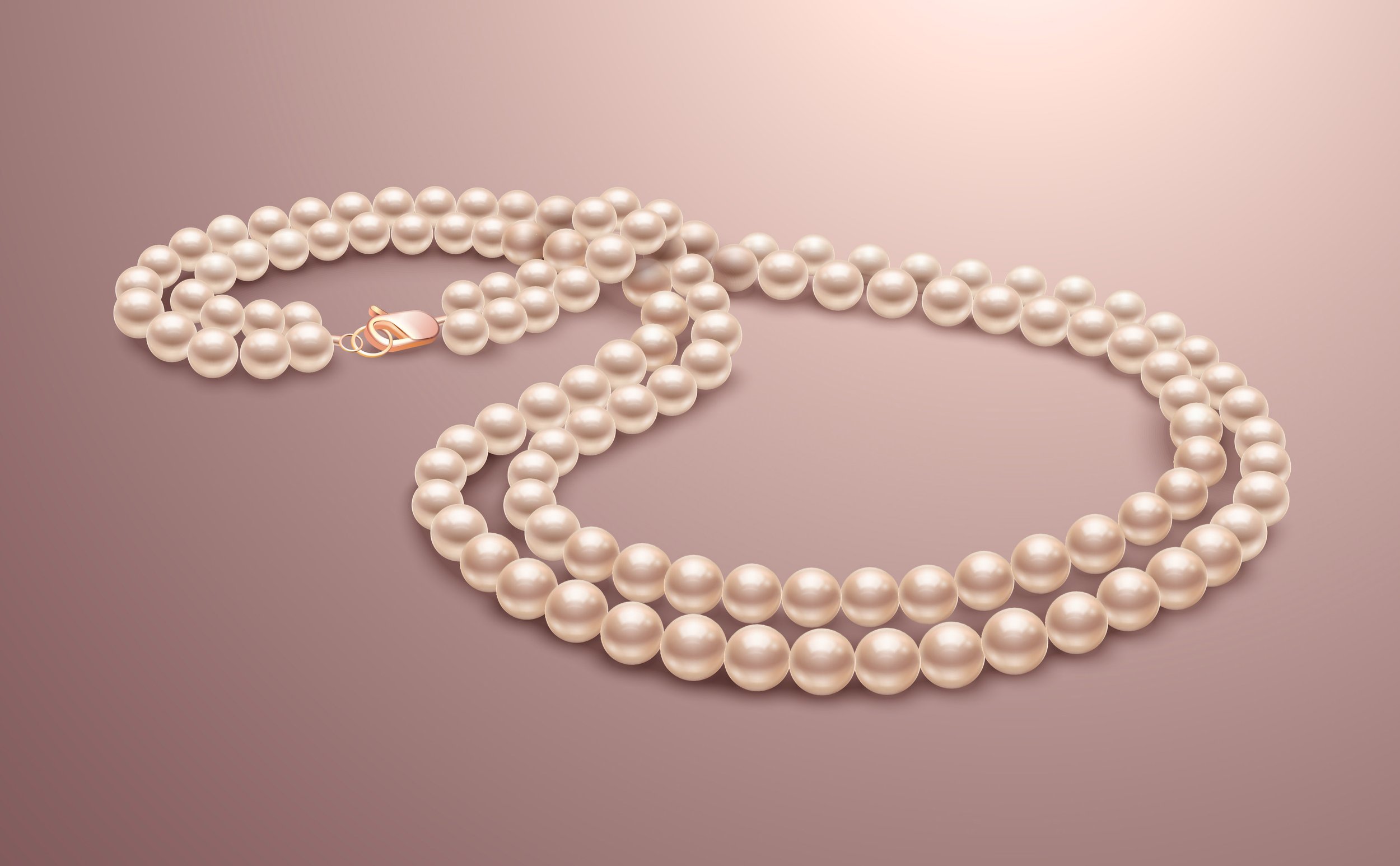A String of Pearls: The End of a Cycle
Do you know how pearls are made? An irritant of some kind – potentially a simple grain of sand or potentially a preying parasite – enters the body of a mollusk, including oysters, mussels, and clams, gradually aggravating the interior. With time, the mollusk releases substances forming a thin layered membrane encasing the irritant and protecting the mollusk within, with the compilation of such substances forming a pearl.
Somehow, someway, at some point, something found its way inside of you, causing pain to be unimaginable, a true detriment to your being. In order to continue on, you needed to find a means of making this something you could carry, covering it up layer by layer through any means necessary. Regardless of the methods chosen to create it, you find yourself carrying the product of your pain daily, going over it again and again. You may find yourself incapable of relinquishing yourself from your pain as you have carried around your pearls for so long that you feel as if they have become a part of you.
A feeling I know all too well, but a feeling no more.
Sixteen: an important milestone in Chinese culture and an important milestone in my life. On my sixteenth birthday, passed down to me from the generations of women in my family, a string of pearls holds weight in my hands, my body, and my heart. With shimmering eyes, I thank my mother for the necklace, relishing in the present and past beauty of the pearls. I recall past memories of my mother wearing the necklace, however, in recent years following the necklace’s breaking, I recall its absence, yet a delightful surprise was found in the necklace’s reappearance.
In ancient Chinese culture, pearls represent prosperity and protection to its wearers. To me, the pearls represent the bond between the generations of women in my family, the bond between mothers and daughters. However, something seemed to linger upon the family heirloom.
Bound to be beautiful, the importance of feminine beauty in China has been deeply ingrained into society. Throughout the years, Chinese women distorted their bodies from foot binding of the Han Dynasty to waist binding of the Ming Dynasty in order to achieve the small, slim, and petite figure of their desires. Historically, in China, a woman’s livelihood was primarily dependent on her ability to find an eligible husband and to bear children, an attainment aided by her ability to abide by cultural ideals of beauty. Traditionally worn by Chinese royalty and the wealthy, pearls popularised as a pinnacle of beauty. Among the women in my family, it became a rite of passage to receive the pearls at the age of sixteen, symbolising the beauty of the coming of age of womanhood; however, the possession of such pearls plagued the recipient with the unhealed wounds of their mothers bleeding onto their daughters, sealing their fate at the hands of society. However, life is a compromise between fate and free will, a compromise of our choice.
At the age of two, enchanted by the essence of the pearls, I seized the necklace from my mother, tearing it apart. Scattered, my mother searched for the pearls to piece her prized possession back together; however, after that day, my mother never wore the necklace again, freeing herself from the pain of her pearls. Fourteen years later, the necklace was mine, and although missing its enchanting essence, it was mine to cherish free from the preordained pain of its predecessors.
Healing is a choice, a choice of our own. A choice I make everyday. Still, at times, I tend to care too much about what others think of me. I tend to cater to the wants of others more than the needs of myself. A sense of belonging. A human instinct. We, as humans, tend to care too much about what others think of us. We tend to cater to the wants of others more than the needs of ourselves. However, we cannot know what others are thinking of us. Therefore, we achieve nothing by trying to decipher the inner thoughts of others to become whoever or whatever it is they want of us, except to fuel our own fears and insecurities, losing ourselves further and further. We will never be another person. We will only ever be ourselves. We must stop making ourselves smaller than we are. We do not exist for the consumption of others. Our appearances, whether physical or social, make up only a small part of our entire being. Our bodies are so much more than what they look like. Every cell within our bodies is working to keep us alive, to keep us well. Our minds and bodies wish us well. We shouldn’t sacrifice that for the appeasement of others.
Despite everything, I hope beautiful things happen to you and when they do, I hope you can believe that you are worthy of every single one of them.
I hope you are all able to let your little pearls go.


